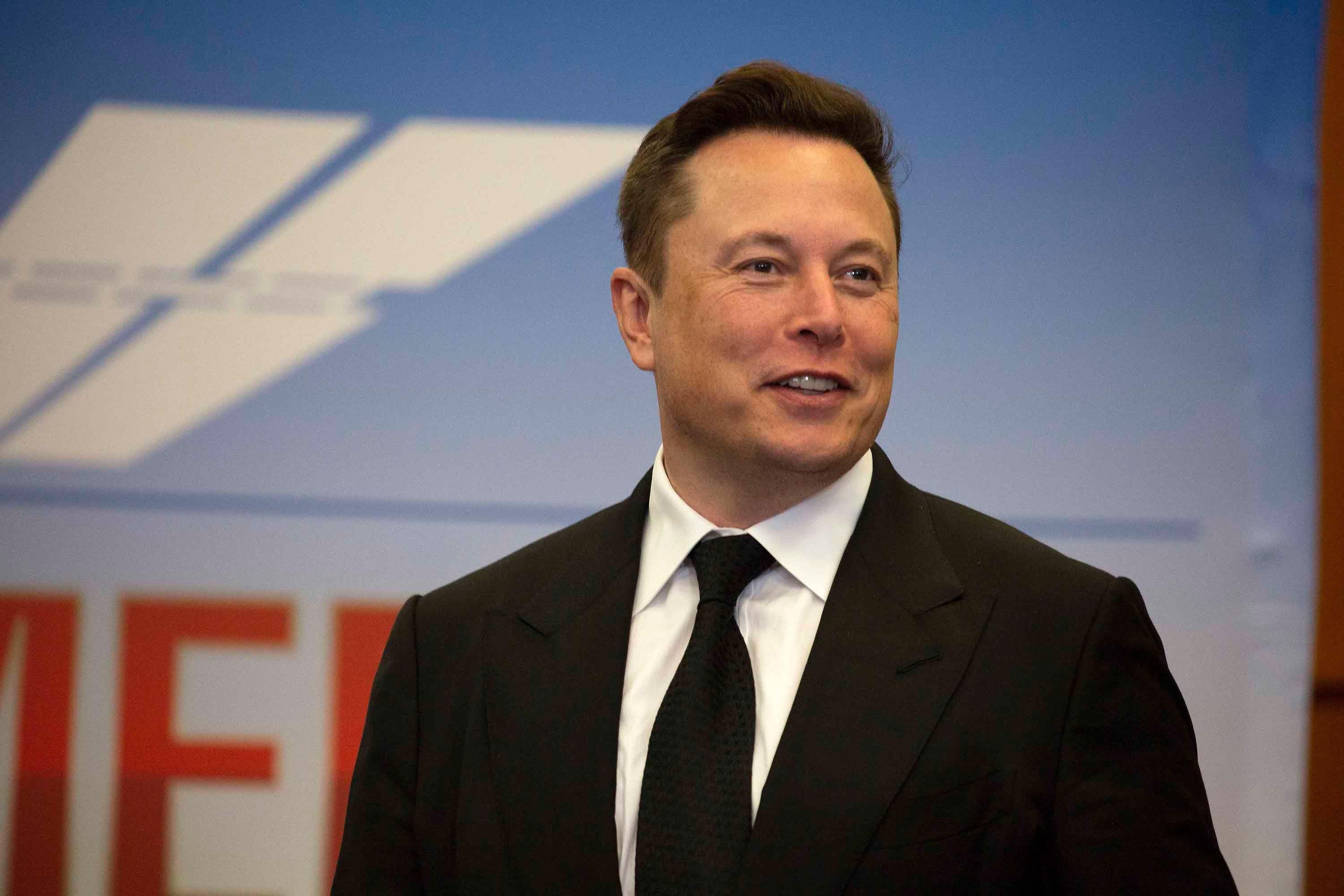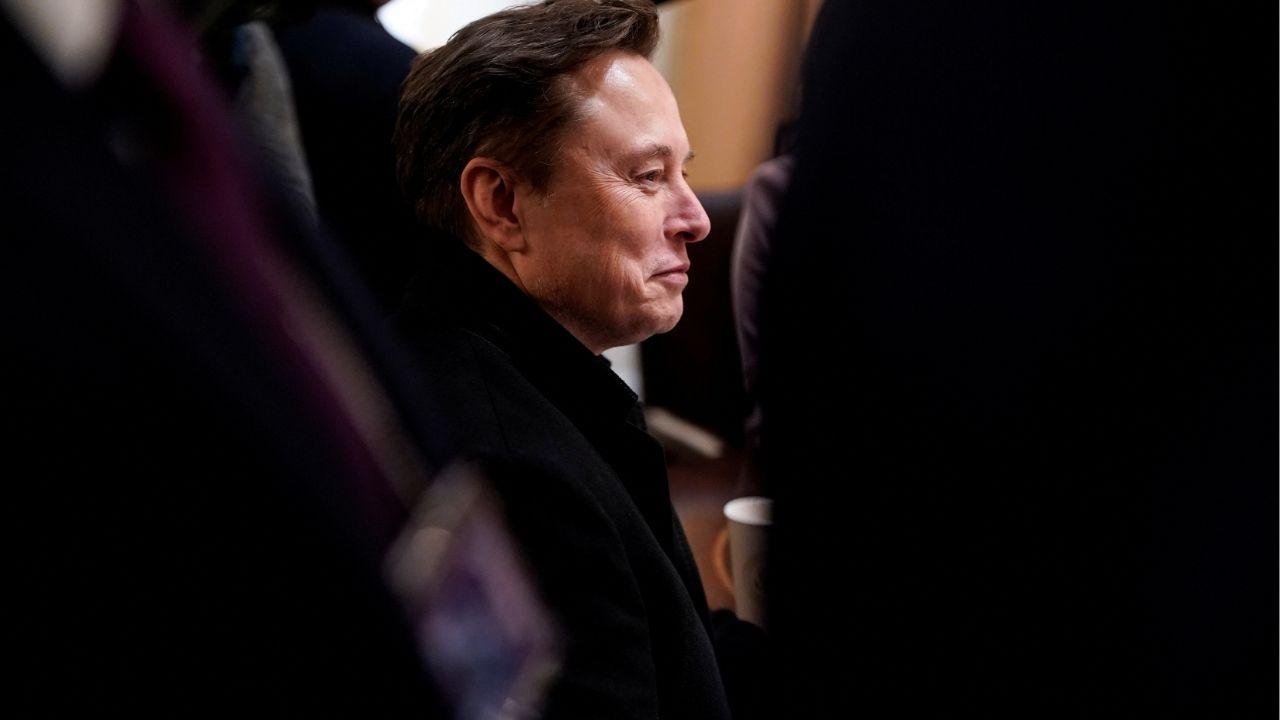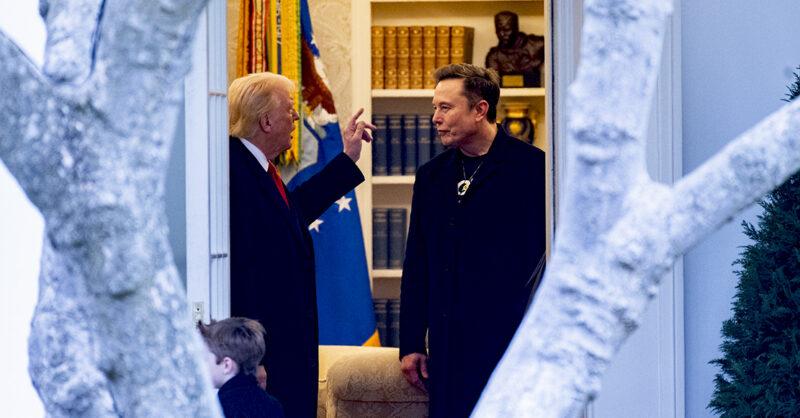In a move that has sparked widespread controversy, the White House has declined to provide additional security for Elon Musk despite growing threats from al-Qaida’s branch in Yemen. This decision has raised eyebrows, as Musk, the world’s richest man and CEO of companies such as Tesla and SpaceX, is no stranger to attention—both positive and negative. However, the severity of the threat from one of the most notorious terrorist organizations in the world has many questioning why the U.S. government has chosen not to increase the billionaire entrepreneur’s security.

Al-Qaida in the Arabian Peninsula (AQAP), which has long been a major player in the global jihadist movement, recently issued a public threat targeting Musk. The group has accused Musk of being a prominent figure in what they perceive as the Western establishment, aligning him with the oppressive forces they seek to oppose. In their latest communiqué, AQAP warned that Musk could be targeted due to his high-profile role in the tech industry and his outspoken views on a range of issues. The threat was clear: Musk is a potential target for al-Qaida’s operations.
Despite the gravity of these threats, the White House has made it clear that it will not be providing additional security for Musk at this time. Official statements from the administration have cited various reasons for this decision, including the assessment that the current security measures in place are sufficient and that there is no immediate, specific threat to Musk’s safety that justifies further action. The White House also pointed to its broader strategy of managing national security resources, emphasizing the need to prioritize security based on assessed risks.

Critics, however, have expressed concerns over the lack of support for Musk in light of the serious threat. Many argue that given Musk’s status as one of the most influential figures in technology and business, his safety should be a top priority, particularly when such high-profile terror groups are directly targeting him. The decision not to increase security has led to questions about the U.S. government’s willingness to protect prominent individuals, especially those whose work intersects with national security, such as Musk’s involvement in aerospace and space exploration through SpaceX.
There is also the issue of the precedent this decision sets for other high-profile individuals. With the rise of cyberattacks, terror threats, and political violence, the need for increased security for public figures has never been more pressing. The White House’s refusal to bolster Musk’s security could signal a shift in how threats to private citizens, especially billionaires with significant influence, are addressed by the government.

The issue has garnered significant media attention, with many wondering if the White House’s stance is a calculated move or if it simply reflects a more hands-off approach to security for wealthy individuals. Musk, who has long been a figure of public interest and often a target of both admiration and criticism, has yet to publicly comment on the decision.
As the debate continues to unfold, the potential ramifications of this decision are still unclear. Will other high-profile individuals demand the same level of protection? Will the White House’s refusal to act cause a shift in the way security is handled for influential people? For now, the world is watching closely as the story continues to develop.






